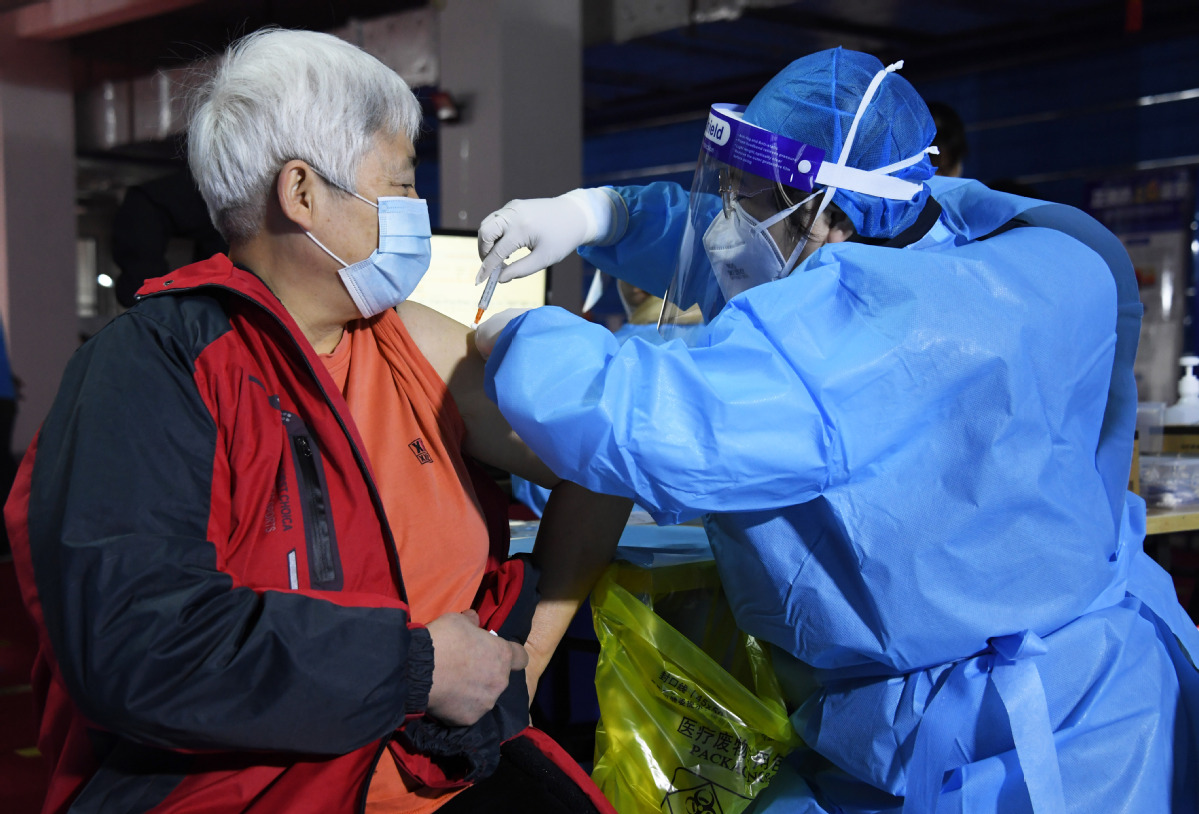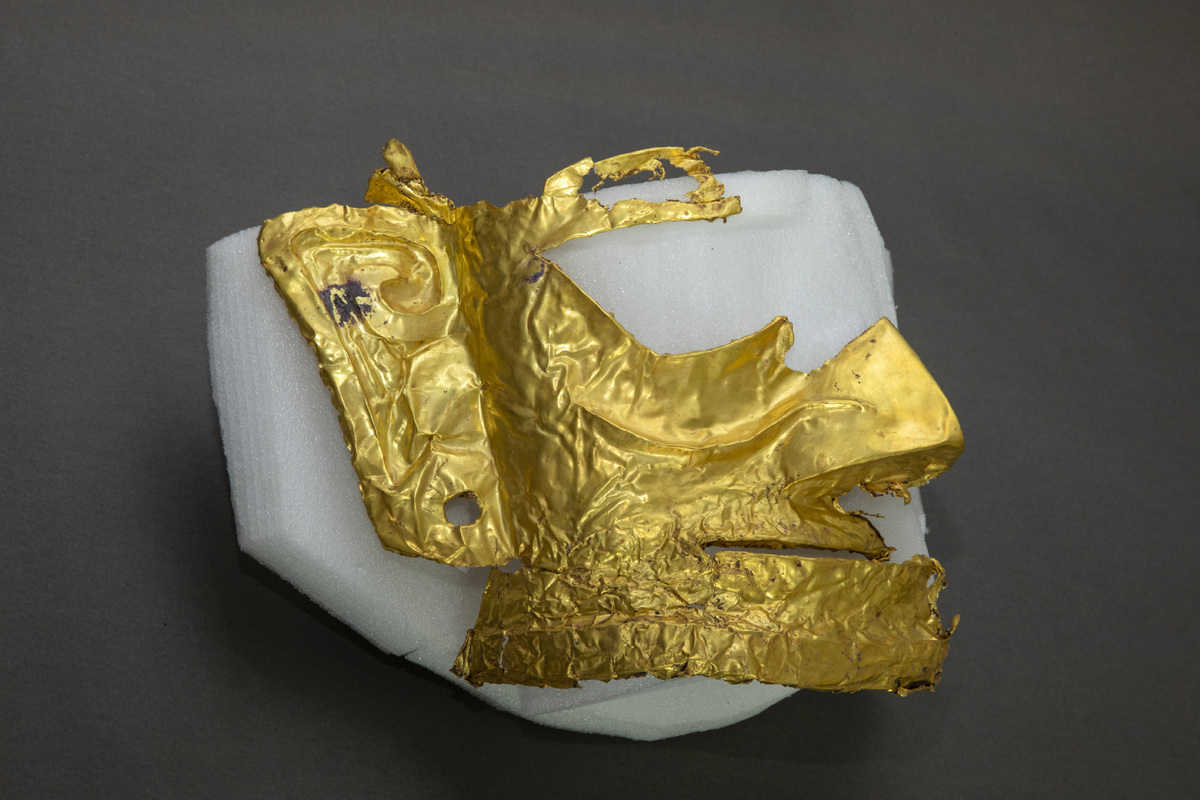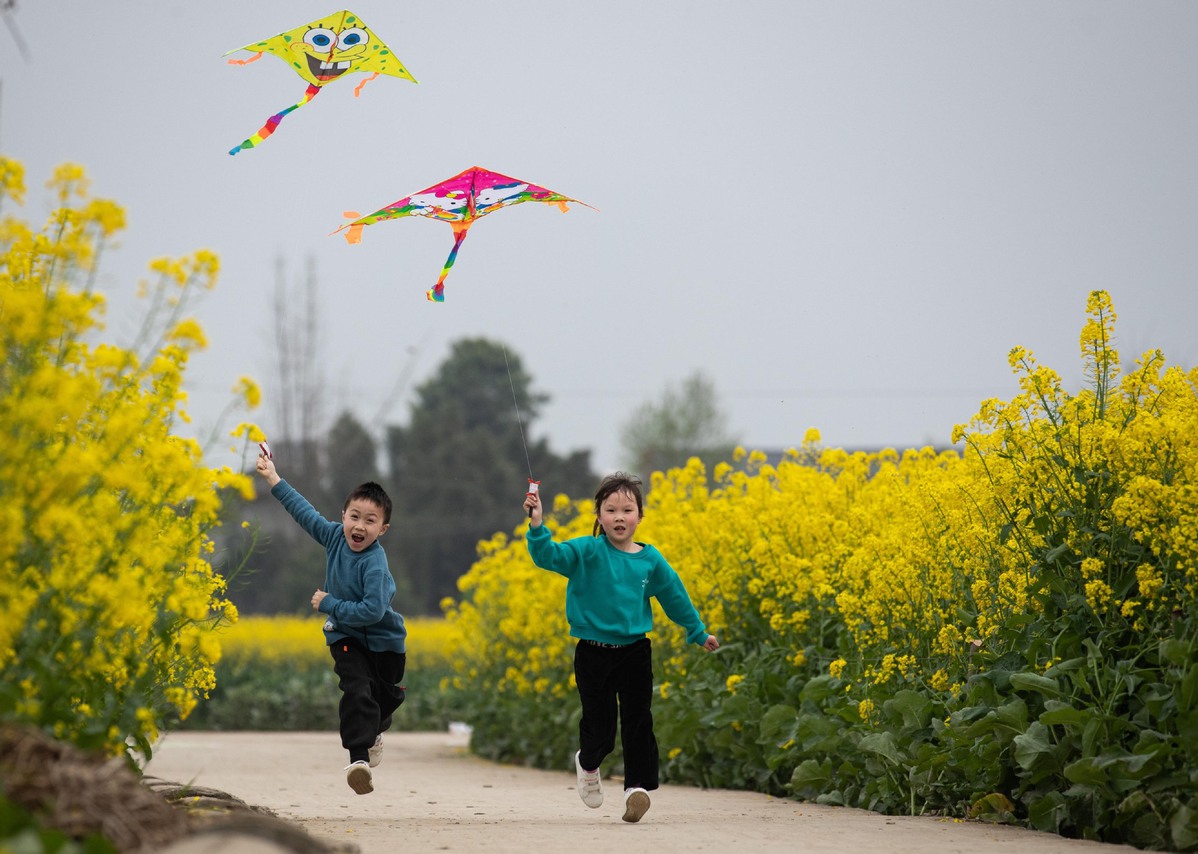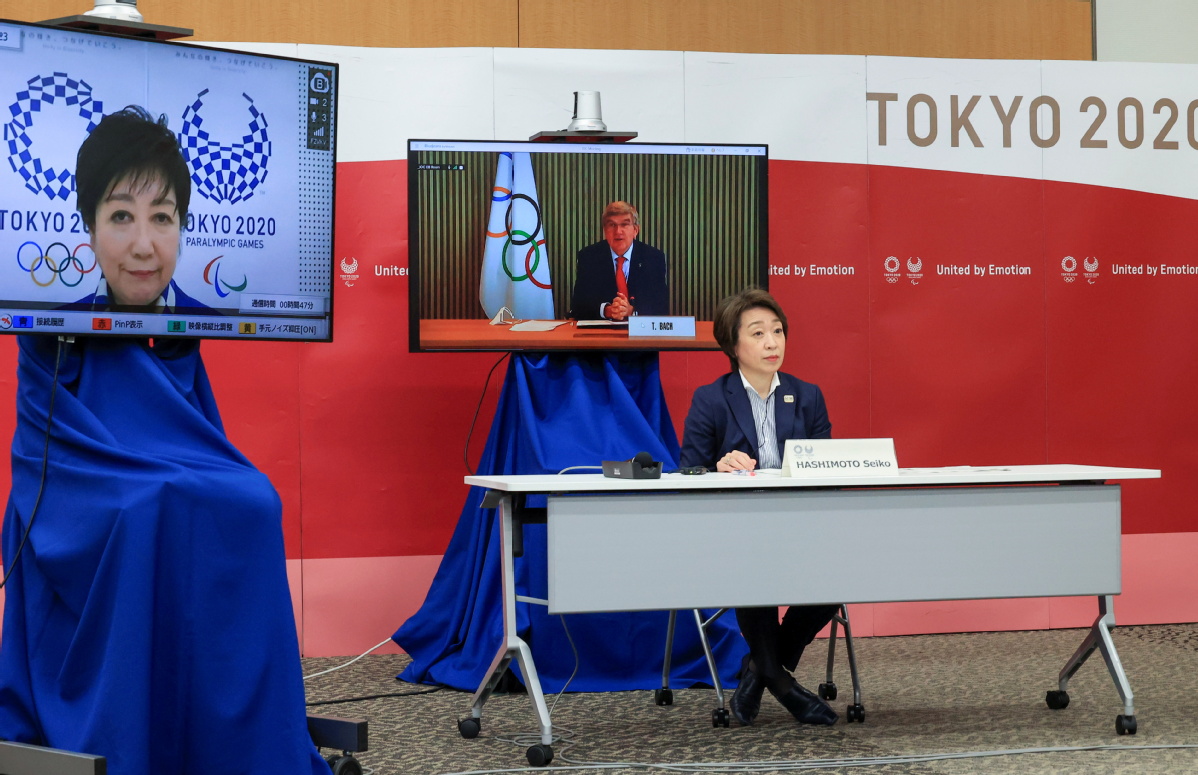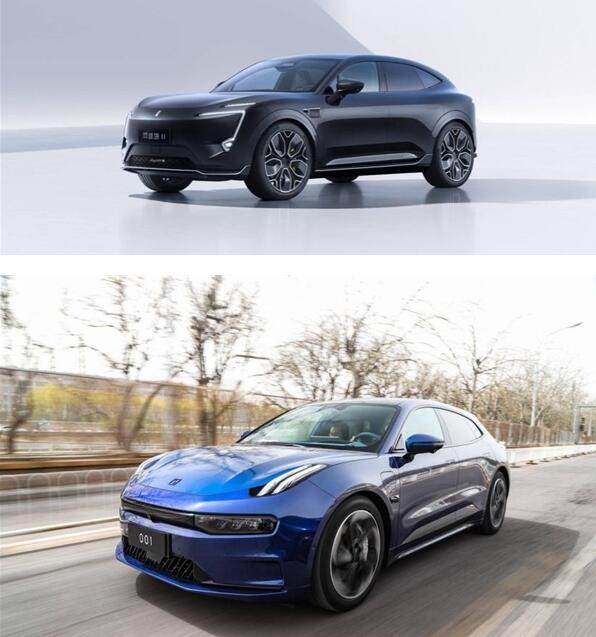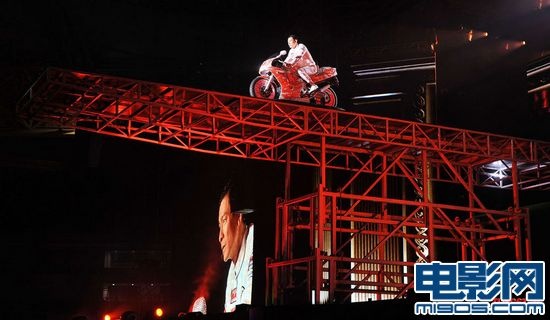Yangcheng Evening News reporter, Gong Weifeng
Recently, the documentary program "Midnight Takeaway" has landed on Jiangsu Satellite TV and is broadcast every Friday at 20:30. The camera is aimed at the group of late-night takeaways, touching the pulse of the city through the perspective of this group of "night runners", telling their own stories, as well as the stories of merchants, customers and strangers.
Last week, after the story of Guangzhou delivery staff Chen Zhiwen met the audience, it aroused strong reactions from netizens. Recently, a reporter from Yangcheng Evening News interviewed Zhang Yelu, the chief producer of the show, and Wang Diya, the director of Guangzhou stories, to reveal the hot "nightlife" of the delivery staff and the program team.
[Positioning]
Do purely documentary shows, not celebrity reality shows
Yangcheng Evening News: Why do you want to make this show that focuses on the delivery staff?
Zhang Yedan: In the three years of the epidemic, many people stopped to pay attention to themselves, but they were at a loss for what to do. Jiangsu Satellite TV has rich experience in producing amateur shows such as "If You Are the One" and "The Strongest Brain". Therefore, we decided to make a show that focuses on real life. Focusing on the food delivery industry is because it has become an important part of life, which is enough to reflect the times.
Yangcheng Evening News: Have you ever thought of adding a star experience link to increase the program’s attention?
Zhang Ye Dian: The program team has deduced the experience of the star delivering food. However, the show has to be filmed from dark to three or four in the morning every day, and the shooting cycle of a delivery staff is 5 to 7 days. It is difficult for the star to continue to cooperate with the day and night shooting arrangement. In addition, after the star joins, the focus of the show will change from the delivery staff to the star, and the form is more similar to reality TV and variety shows. After our demonstration, we decided to do purely documentary shows.
Yangcheng Evening News: How was the delivery staff in the program found?
Zhang Yedan: The program team first contacted the takeaway platform with high usage rate of the public, and the platform recommended excellent and storied takeaways. Secondly, the director searched for takeaways through self-media. Finally, the program team scattered to more than 20 cities, went to the takeaway site with the highest order volume to know the real situation, followed the takeaway staff to run orders, and looked for takeaways worth observing.
Yangcheng Evening News: How does the process of following the delivery staff to collect materials usually proceed?
Zhang Yedan: This process lasted for two or three months, and the director followed the night shift delivery staff to adjust their schedules. In the past, when we were doing variety shows, we would set themes, hold planning meetings, write scripts, and communicate with celebrities in the preparation stage. This time, we only had to follow the delivery staff to run orders, understand the customs, topography, and people’s living habits of the city, in order to find typical people and things, and then in-depth follow-up interviews, and finally write the copy.
[Shooting]
The delivery man is chasing the time, we are chasing the delivery man
Yangcheng Evening News: How is the one-day follow-up process arranged?
Zhang Ye Dian: During the day, the program team will review the shooting content of the previous day, find out the elements that need to be further excavated, and communicate with the subjects, and do family and peripheral interviews. At 8 o’clock in the evening, we will start shooting auxiliary footage of the streets in the dark, and at 10 o’clock in the evening, we will officially follow the delivery staff to pick up the order. The program team all ride electric vehicles that can carry people to shoot, with the driver in the front seat and the videographer in the back seat. Each team is equipped with about four people, who are responsible for editing, filming, audio, lighting and other work.
Yangcheng Evening News: Will this shooting method encounter a lot of trouble?
Zhang Yedan: There are too many. Because it is a real follow-up, there are very few subjective shots in the delivery scene. In addition, the delivery staff’s cycling skills are too good, and the director team often loses track. When filming the show of Chen Zhiwen, the delivery staff at the top of the mountain in Yuancun, Guangzhou, we couldn’t get out of the complicated alley after we lost track, so we had to call Chen Zhiwen’s apprentice to "ask for help".
Yangcheng Evening News: Does this show feel very different from the past?
Zhang Yedan: It’s different from the way we used to record shows and even make documentaries. Delivery has system time and physical process constraints, and it’s impossible for the director team to ask the delivery staff to do it again because a shot is not done well. The whole shooting process has a sense of urgency – the delivery staff is always racing against time and looking for people. We chase the delivery staff, and the director and videographer are often left behind.
Yangcheng Evening News: Is there anything particularly impressive?
Zhang Yelan: One day it was raining heavily in Shenzhen, and a takeaway station master sent a photo to the director. There was a takeaway brother hanging a hanging bottle delivering takeout. In the past, when I saw such a photo, I would feel puzzled. But after really coming into contact with a large number of takeaways, I can empathize. There are far more people who run hard to overcome all difficulties in life than I imagined. During the filming process, we encountered a rainstorm day, the takeaway staff’s foot was sprained, the car was broken, and the peers relayed takeout; we encountered customers ordering milk tea for the takeaway staff; we encountered an old man who helped the takeaway staff to collect old things and pushed the tricycle uphill… We really touched the kindness of the takeaway staff and the warmth of the world in the middle of the night.
[Inheritance]
The delivery job is ordinary, and the sense of belonging comes from "being needed"
Yangcheng Evening News: After doing this program, what changes have you made in your perspective on the delivery staff?
Zhang Yelan: In the past, I was mainly concerned about whether the delivery staff could deliver the goods on time. When I put myself in the shoes of the delivery industry, I found that most of them were by no means people who rode electric bicycles to run red lights in social news, but warm and versatile. "Delivering food is a very serious ordinary job that works hard for life every day," one delivery staff said in an interview. "It’s not special, and we are normal people." Chen Zhiwen, the Guangzhou delivery staff in the show, also felt that the job was very low-level at first, but he found his sense of belonging after he really entered the industry.
Yangcheng Evening News: What do you think of the expression "delivery brother"? Would the female delivery staff you photographed mind this term?
Zhang Yedan: "Takeaway brother" was a nickname that appeared when the industry was germinating. At that time, this kind of work was more done by men, so customers used to call it "brother". Now that more women have joined the takeaway industry, they are equally stoic and able to endure hardship. Takeout workers also call each other "brother". Some female takeout workers will call themselves "big brother", and they will feel very proud when they are called "women’s singles queen".
Yangcheng Evening News: In the program, there is also a mentoring relationship between the delivery staff, which is unknown to many people.
Zhang Ye Dian: Indeed, this has also broadened my understanding. There are also "mentors" in the field of takeaway. After the takeaway staff enters the industry, there will be masters who will teach them the skills of running orders, including how to take orders, which road is more convenient, etc. When you are fully familiar with the takeaway business in an area, you can start your career, and you can even serve as a webmaster to bring more newcomers into the industry. From the story of Chen Zhiwen, a takeaway staff at the top of Yuancun, Guangzhou, who brought out nearly 10,000 apprentices, you can see the inheritance that exists in every industry.
Yangcheng Evening News: What do you think of Chen Zhiwen’s story?
Zhang Yedan: The theme of Chen Zhiwen’s story is "If he is needed, he will stay". He is needed by customers, merchants, and apprentices. Being needed by others is a happy thing, and in the process, they achieve each other. This is the happiness of everyone who silently contributes to the society.
We hope to record real characters, real stories, and real emotions through this program, and present the audience with a three-dimensional social scene full of fireworks, human touch, and positive energy, showing the world of thousands of people. Their inspirational stories will inspire everyone in front of the screen.
[Popular story]
46-Year-old takeaway worker brings out nearly 10,000 apprentices in 6 years
After the second episode of "Midnight Takeaway" was broadcast, the topic "46-year-old takeaway staff brought out nearly 10,000 apprentices in 6 years" hosted by the official Weibo of Yangcheng Evening News reached the top of the hot search list, and the total number of views broke 6 million. Chen Zhiwen was on fire!
Because of its complex geography and street layout, the top of Guangzhou Yuancun is known as the "takeaway restricted area". Chen Zhiwen and his takeaway knights persisted for several years, using their brains and feet to crack the "maze".
Chen Zhiwen failed in his business before he took up delivery. At that time, he was very depressed and often stayed at home. With the encouragement of his family and the delivery experience he had accumulated in previous business, he registered as a delivery staff in May 2017. At first, Chen Zhiwen was often stunned by the roads on the top of the mountain in Yuancun, but over time, he gradually became known as the "Brother Wen" of the delivery staff in this area.
At first, there were only a few delivery staff at the top of Yuancun Mountain. Later, Chen Zhiwen established the delivery "Knights" through "mentoring", and Chen Zhiwen was also elected as the first "Knight Captain" in the area. As of now, there are 8 delivery groups at the top of Yuancun Mountain, with about 200 delivery staff. Each leader is an apprentice brought by Chen Zhiwen, and the number of "apprentices and grandchildren" he brought out has nearly 10,000.
Chen Zhiwen now cares more about the safety of his team members and the smooth delivery of meals than making money. Whenever he encounters extreme weather, Chen Zhiwen will issue a safety reminder to the 200 people of the "Knights" to ask if any of the team members need help when they encounter difficulties. After running the night order, Chen Zhiwen often holds a "night talk around the furnace" in his rental house, where everyone talks about the day’s harvest and difficulties, and encourages each other. The hut is small but full of joy, and the dim lights in the rental house are especially dazzling in the dark.
[Follow-up record]
Shooting on the top of the mountain in Yuancun, I often have to "ask for help" to Brother Wen
Following Chen Zhiwen and the director of the Yuan Village Knights, Wang Diya, told the Yangcheng Evening News reporter the behind-the-scenes story. The following is Wang Diya’s self-report:
In March this year, the director team came to Guangzhou Yuancun area to prepare for "Midnight Takeaway". During the process, we visited many takeaway sites and takeaway riders, and heard about a legendary "knight captain" Chen Zhiwen from many takeaways.
The terrain on the top of the mountain in Yuancun was very complicated, and it had long been in a "takeaway restricted area" where "customers dare not order, riders dare not enter, and no one delivers takeout". Chen Zhiwen and the apprentices he brought out changed everything, and the riders on the top of the entire mountain in Yuancun could be said to be the epitome of the "hand-holding" of the takeaway industry.
When I first met Brother Wen, the director team felt that he was very much in line with our existing impression of "Lao Guang": in the small rental house, Brother Wen assigned tasks to his brothers in vernacular and dealt with problems; while making tea on the simple tea table, he called the director team to drink tea together, and answered our questions with the not-so-fluent "Guangpu". You can even see a trace of shyness in this man in his forties, in sharp contrast to him when he was arranging work.
Compared with these exteriors, Wen Ge’s story appeals to us more. He has always been the image of the "pillar": when he was young, as the eldest son in the family, he single-handedly brought up his younger siblings to help them complete their studies; when he started a family, he was the pillar of his small family, supporting a pair of children to go to school; when his business failed and he entered the takeaway industry, he became the pillar of the takeaway riders in this "takeaway restricted area".
Many people enter the takeaway industry with the profession of takeaway staff as a springboard. But Chen Zhiwen, who entered the takeaway industry at the lowest point, chose to work hard in the takeaway industry just because the area still needed him. This work is six years. "Needed" is a very abstract three words, and having the ability and willingness to bear this "needed" is the reason why we chose Chen Zhiwen to shoot.
During the filming in Guangzhou, the filming team encountered many small episodes. For example, in Songgang Garden, Yuancun, because the terrain was too complicated, there were often people in the shooting team who fell behind and got lost in the alley. In the end, Brother Wen contacted the brothers in his team and helped the staff to get out of the alley. During the photographer’s follow-up process, the terrain of the uphill and lower hurdles was also a big problem, and if you were not careful, you would stumble; because the road in the alley was too narrow, there were "handshake buildings" with very small spacing, and the cameraman could not shoot side by side with Chen Zhiwen, so the riding scenes in the alley that everyone saw in the program were basically about Chen Zhiwen’s follow-up footage, and many subjective shots of GoPro and 360 film and television were also added to enhance the realism. When filming, I often encounter lost delivery staff asking Chen Zhiwen for directions, and Brother Wen will enthusiastically help his colleagues every time. We also visited many merchants on the top of the mountain in Yuancun. Most of them are very familiar with Brother Wen, and they need each other, accompany each other, and give each other. Brother Wen’s most common sentence is "You have orders, we have orders", and the most common sentence that merchants say is "Thanks to you, we have business"!
"Village in the city" is a characteristic of Guangzhou, and it is also an indispensable link in the ecological chain of the city. Because of its huge benefit group, it has its significance. The theme of Chen Zhiwen’s program is "If you are needed, stay", which is a theme related to responsibility. As a hub connecting the three parties of "orderer", "merchant" and "consignee", the delivery staff is actually the most concrete embodiment of responsibility. Especially in the takeaway industry where the personal flow is frequent, and on the top of the mountain of Yuancun, where the delivery environment is relatively complicated, Chen Zhiwen has been working for six years. His stay is the best interpretation of professional responsibility and sense of honor. Brother Wen and a group of runners who were infected by him all experienced lows in life, and finally got together and worked hard to climb to their respective "mountain tops".
Our group also filmed the story of Shipai Village in Guangzhou, which will be broadcast in the follow-up program. The protagonist of the story drew a takeaway map for Shipai Village, and we also ate a lot of Shipaidong food. What fascinated us more was the culture of Shipai Village, which has been passed down for thousands of years. There are ancestral halls, dragon and lion dances, and portrayals of reality. In Shipai Village, there are ordinary people who are in a hurry, and they may work in the CBD across the street. The life here comes and goes and is extremely hot, carrying too many dreams.

